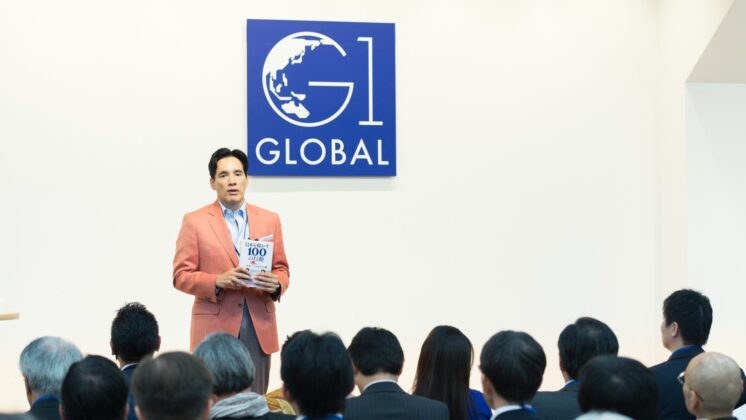When it was first established as a nation, Japan actively accepted people from abroad, absorbing the culture and technology of the Asian continent. Apparently, these newcomers numbered between one and three million people from the Yayoi period to the Asuka period. In fact, Japan is a nation that has developed through the proactive acceptance of immigrants and foreign technology. Waves of immigration include Spanish and Portuguese during the Azuchi and Momoyama period and Westerners during the Meiji period. The strategic acceptance of immigrants is a policy that should definitely be pursued to prevent Japan’s decline.
1. Put together a plan for naturalizing 100,000 people and accepting 200,000 foreign residents each year – devise an immigration policy that combines strategy with planning
In 100 Actions, we recommend the formulation of a Plan for Welcoming Newcomers, under which foreign nationals who would be useful to Japan would be accepted on a strategic basis. There are currently around two million foreign residents in Japan. Under the Plan for Welcoming Newcomers, the number of foreign residents would be increased by 200,000 each year. In addition, 100,000 foreigners would acquire Japanese nationality each year. It should be that kind of plan, because it is important that the nation sets clear numerical targets.
An annual 100,000-person increase in the number of citizens translates into an extra two million people after 20 years. It will be necessary to determine the targets, and then employ five-year plans or similar to implement the necessary policies, improve the environment for accepting the immigrants, and so on.
2. Start by expanding immigration by high-caliber personnel, followed by skilled workers
Next, it will be necessary to define and list criteria for what sort of immigrants to accept. To gain the understanding of the Japanese people, it will be essential to limit the immigrants to human resources that are useful for Japan. Even countries such as Singapore, one of Asia’s immigration leaders, and Australia, have adopted a policy of accepting high-caliber personnel. Japan ought to follow suit, first limiting immigration to high-caliber personnel such as people with strong educational backgrounds, high technical capabilities, or wealth. Later, it should be gradually expanded to include skilled workers. Accepting immigrants bit by bit without planning makes the public feel uneasy, so Japan needs to implement a Plan for Welcoming Newcomers that is both strategic and properly planned.
3. Expand immigration through the education system
Foreign nationals that come to study in Japan may get used to living here the most smoothly. At present there are 130,000 international students in Japan, and there are even more students abroad that want to come and study here. Programs that meet the needs of foreign students who wish to study in Japan should be expanded, and the number of foreign nationals studying in Japan should be increased. It will also be important to expand not only programs at educational institutions, but also vocational training in the preparation of Japanese cuisine, sushi, etc. and technical education such as in-house training for engineers at corporations and practical training in farm work.
4. Introduce a green-card (permanent residency permit) system
Japan should learn proactively from the success story of the U.S. and adopt a green-card (permanent residency permit) system. Foreign nationals who are “useful for Japan” should be guaranteed permanent residency and afforded the same rights as Japanese people in areas such as employment, living conditions for their families, and education for their children. It should therefore be made possible for high-caliber personnel etc. to be issued with working visas following the completion of simple procedures. Such people could also be allowed to receive education in the Japanese language and Japanese society free of charge for, say, two years. Depending on the results of this education, foreign nationals who performed well could be issued with a green card guaranteeing the right to live and work here indefinitely. Consequently, they could live and work under the same conditions that Japanese enjoy. And after a certain period has elapsed, they could be awarded Japanese nationality. Such policies should definitely be considered.
Immigration policy is a plan for the nation’s next century. Hastily accepting immigrants after the nation has ceased to function would be a total mistake. A “Plan for Welcoming Newcomers” should steadily become a topic for national discussion from now on.



